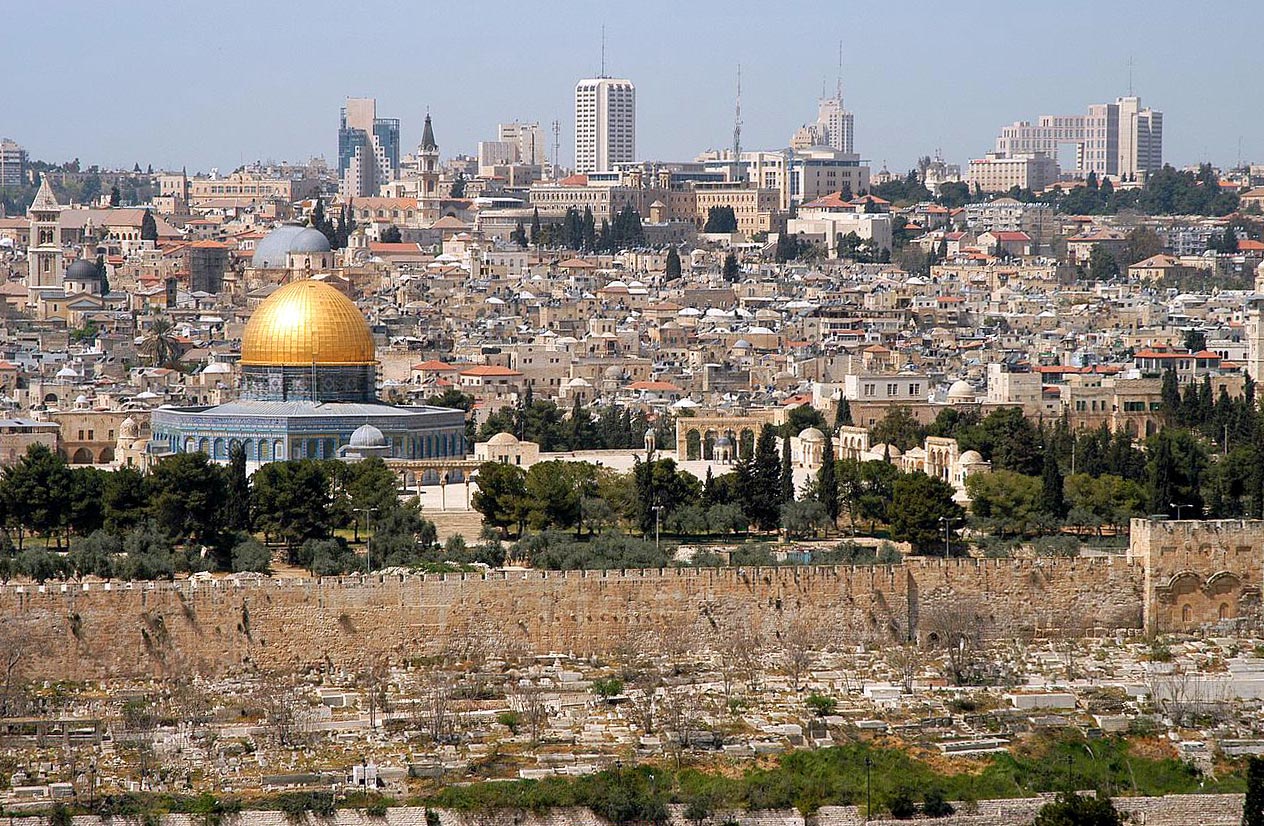Opinions expressed in opinion columns are the author’s own.
The Israeli-Palestinian conflict is intensely complex; anyone who argues either extreme as if it were a black-and-white issue does not understand this reality. Efforts at reconciliation have waxed and waned over time. However, the current status quo represents the best realistic scenario for this conflict. To understand why, we must look at history.
At the turn of the 20th century, Jewish leaders — led by Theodor Herzl — recognized the incessant and vicious anti-Semitism that Jews faced worldwide and understood the need for a Jewish state, where Jews could have autonomy and protect themselves. Jewish leaders considered creating a state in the land of modern Uganda, another British colony, but eventually decided the ancient, biblical homeland of Israel was best. It is important to note the proposals for Uganda and Palestine did not entirely account for the existing populations of those lands.
World War II and the Holocaust created a more urgent need for a Jewish state. In November 1947, the United Nations voted to partition the land of British Mandate of Palestine between Israelis and Arabs. The countries surrounding Israel – Egypt, Syria, Lebanon and Jordan – were none too pleased with this resolution and urged the Arabs living in British Mandatory Palestine to withdraw from the country. The invaders planned to push the Jews into the sea, whereupon the local Arabs could reclaim their abodes. Unfortunately for those Arabs, the neighboring states failed to conquer the land and murder all of the Jews. The Arabs, some of whom had willingly displaced themselves, became refugees seeking shelter primarily in the Jordanian-occupied West Bank.
After the Six-Day War in 1967, in which the Arab states again failed to wipe out Israel’s existence, Israel took control of the West Bank and the Gaza Strip, as well as the Sinai peninsula and the Golan Heights (although the Sinai peninsula was later ceded back to Egypt). Here lies the principal driver of the modern Israeli-Palestinian conflict, with the Palestinian Arabs henceforth under Israeli control.
In 1993, under the Oslo Accords, Palestinians obtained autonomy within the West Bank and Gaza, gaining control of their own judiciary, governance and welfare. However, they did not receive the right to militarize.
Israel’s decision to not hand over military control to the Palestinians was affirmed in the 2000s. In 2005, Israel destroyed all of its settlements in Gaza and fully withdrew from the Gaza Strip. Gaza then became a completely autonomous Palestinian state, responsible for its own security. The people of Gaza elected Hamas as their ruling party. Hamas’ charter calls for the destruction of Israel, saying, “Israel will rise and will remain erect until Islam eliminates it as it had eliminated its predecessors.” Furthermore, it states, “leaving the circle of conflict with Israel is a major act of treason and it will bring curse on its perpetrators.” Since Hamas attained power, Gaza has bombarded Israel with countless rockets and initiated three wars, in 2008-09, 2012 and 2014.
After ceding territory to the Palestinians and facing bombardments and attacks from that territory, Israel is understandably wary of giving the Palestinians any more land.
The Israeli-Palestinian conflict remains far more complex than my summary would suggest. Terrorist attacks and massacres from both sides during the 1940s, failed negotiation attempts, multiple intifadas — uprisings started by Palestinians to express their exasperation over their perceived belittled status — that killed over 1,000 Israelis, Russian and American political influence in the Middle East and differing religious backgrounds and values all influenced the nature of this conflict.
The countless facets of this conflict suggest the actors cannot resolve the situation in a mutually equitable manner.
In an ideal world, the Palestinians would retain their political autonomy while also controlling their own defense. Israel could confidently trade more of its land for lasting peace.
However, we do not live in this ideal world, and we probably never will.
Joseph Kuttler is a freshman English major. He can be reached at joekutt3@gmail.com.



